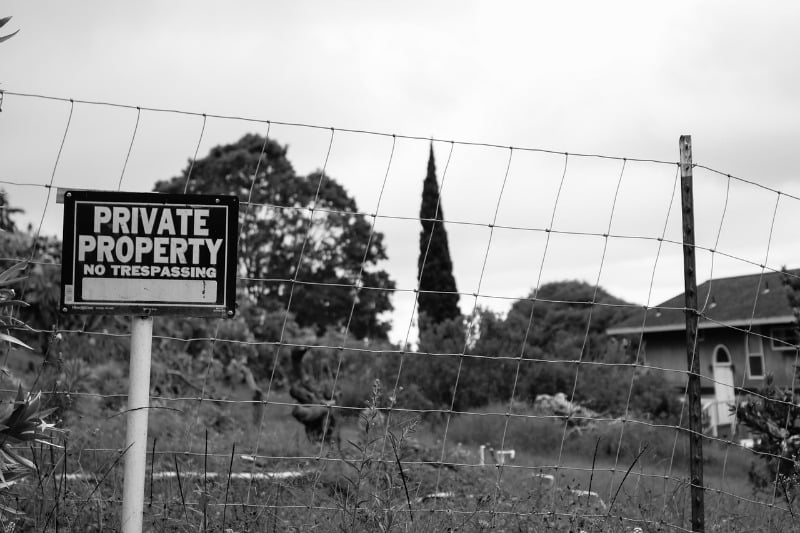 Via
Pixabay (2015), CC0 Public Domain
Via
Pixabay (2015), CC0 Public Domain
This reflection focuses on Leviticus as it spells out a very different vision than our current model for how we regulate our business affairs. The passage in today's first reading describes the Jubilee Year, set aside after every forty-nine years to restore freedom for slaves and land to their original owners. The Jubilee Year, for me, follows the same theological principle as the sabbath year (one out of every seven years) and the sabbath (one out of every seven days) for the explicit acknowledgement of God's sovereignty over our lives, our work and our possessions.
While the focus is on land, crops and labor which comprise the livelihoods of ancient Israel, this vision also speaks to us today in terms of how the people of God can think about our laws, conduct and goals if we attribute all that we possess to the bounty and the ownership of God intended for all to use. The Jubilee Year presumes that there are economic activities including unfortunate outcomes which lead some to have to sell their ancestral land, or borrow, or default, or labor for others. The principle that land cannot be sold permanently is to protect future generations from being penalized for the failures of their ancestors; that land belongs to God, not people; that no one should be precluded from having access to the means of production and the fruits of their labor. In essence, all sales of land are leases which last till the next Jubilee Year. The practice, if implemented, prevents the mass accumulation of land by a few people, provides a fresh start for every household to make a go of their ancestral land given by God, and precludes sustained inequality over time.
[tweet "Land ownership, the Jubilee Year and #LaudatoSi: reflection on today's first reading."]
These principles are certainly not the legal foundation for property rights in our country. But before we completely rule these out, note that we have seen occasional illustrations as in the Jubilee debt relief in 2000 for certain debt-burdened countries, and the practice of estate gifts to charities. Would Pope Francis have to write Laudato Si had we grasped and lived by these principles?
Copyright 2017 Carolyn Woo
About the author: Dr. Carolyn Y. Woo is the Distinguished President’s Fellow for Global Development at Purdue University and the former President & CEO of Catholic Relief Services.
About the Author

Guest
We welcome guest contributors who graciously volunteer their writing for our readers. Please support our guest writers by visiting their sites, purchasing their work, and leaving comments to thank them for sharing their gifts here on CatholicMom.com. To inquire about serving as a guest contributor, contact editor@CatholicMom.com.


.png?width=1806&height=731&name=CatholicMom_hcfm_logo1_pos_871c_2728c%20(002).png)
Comments